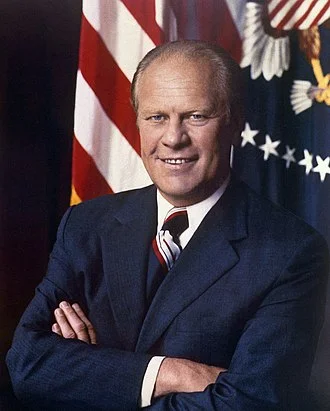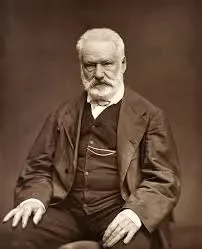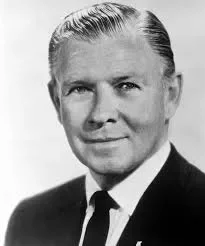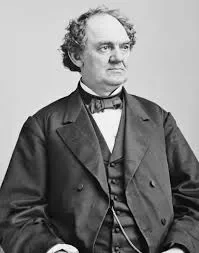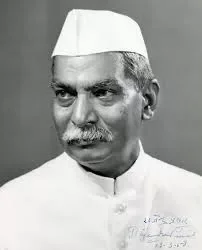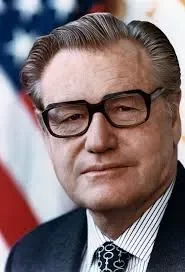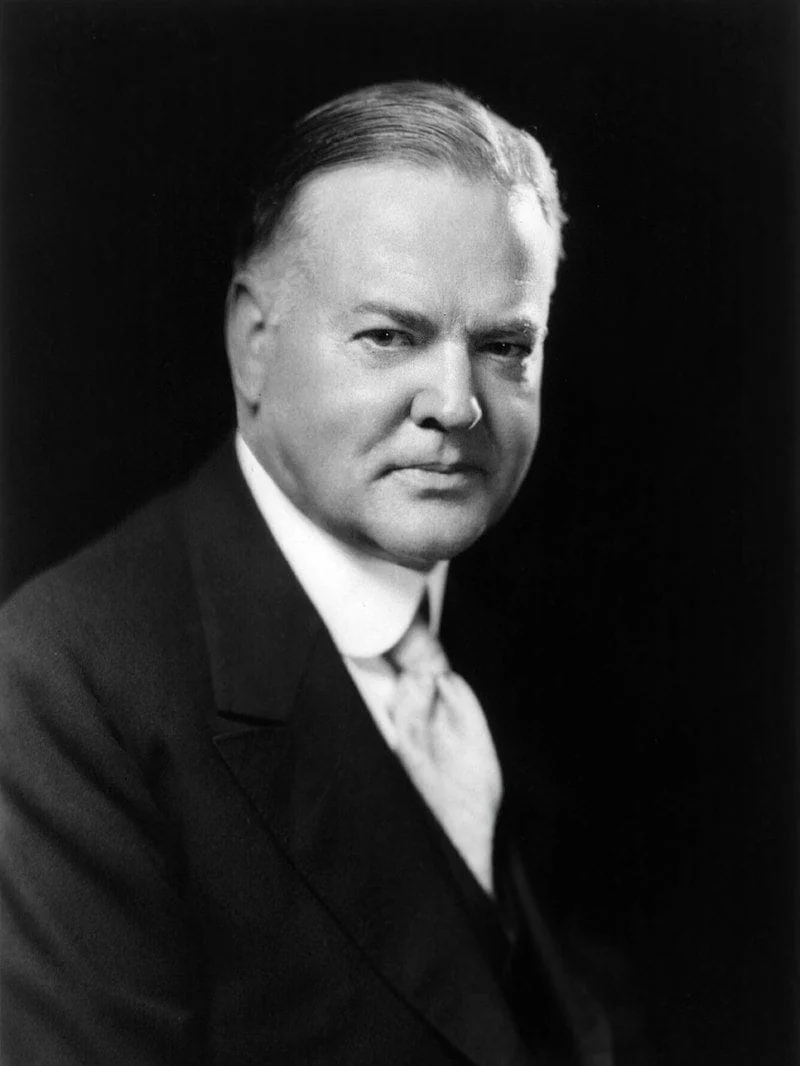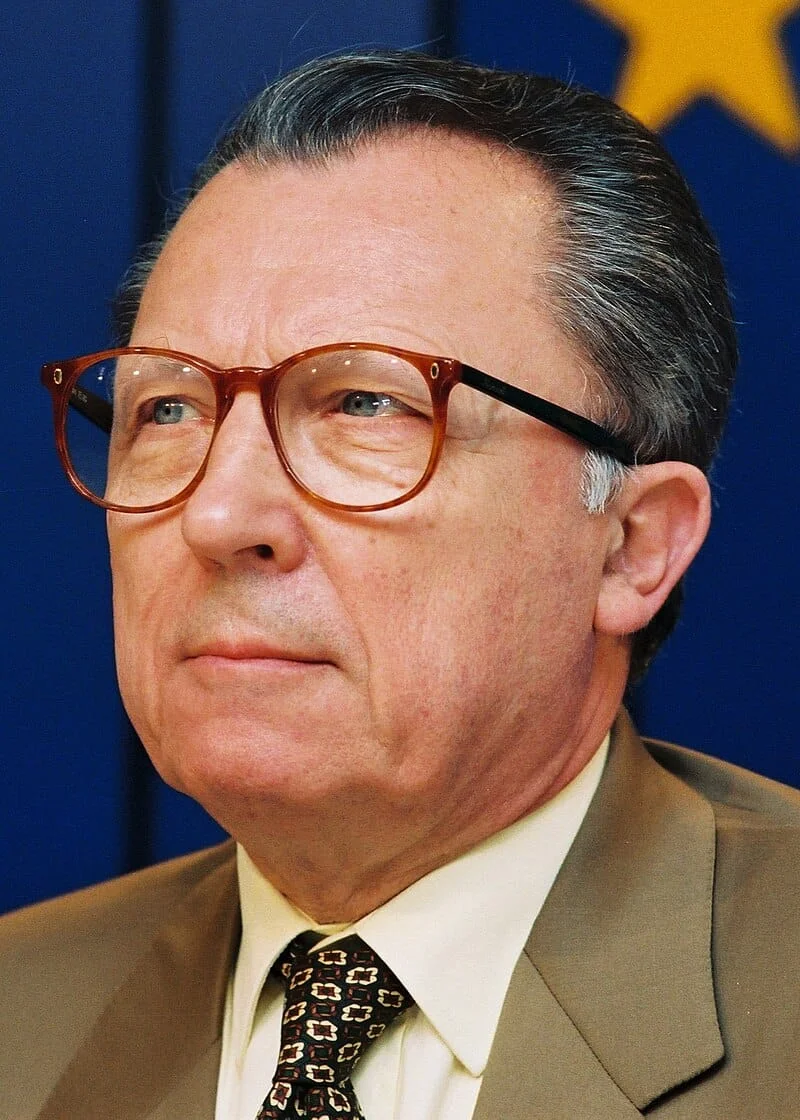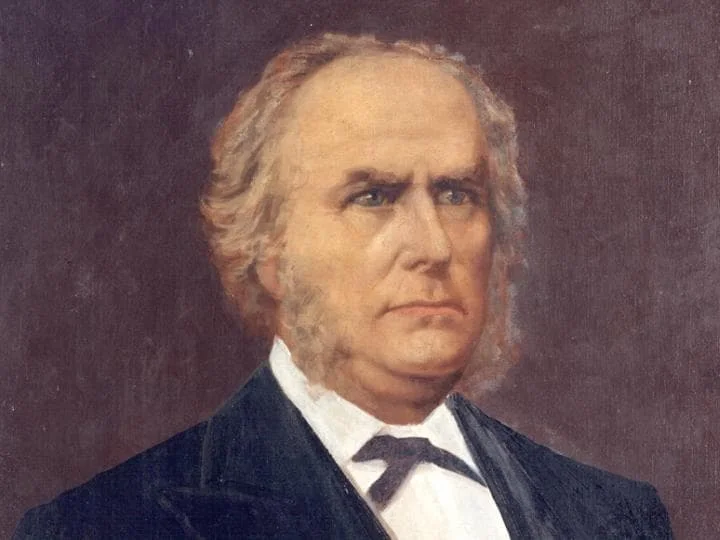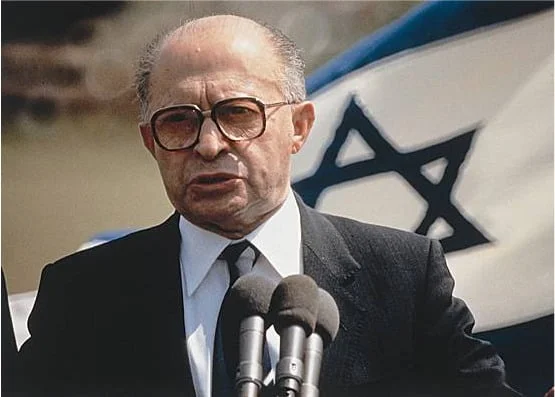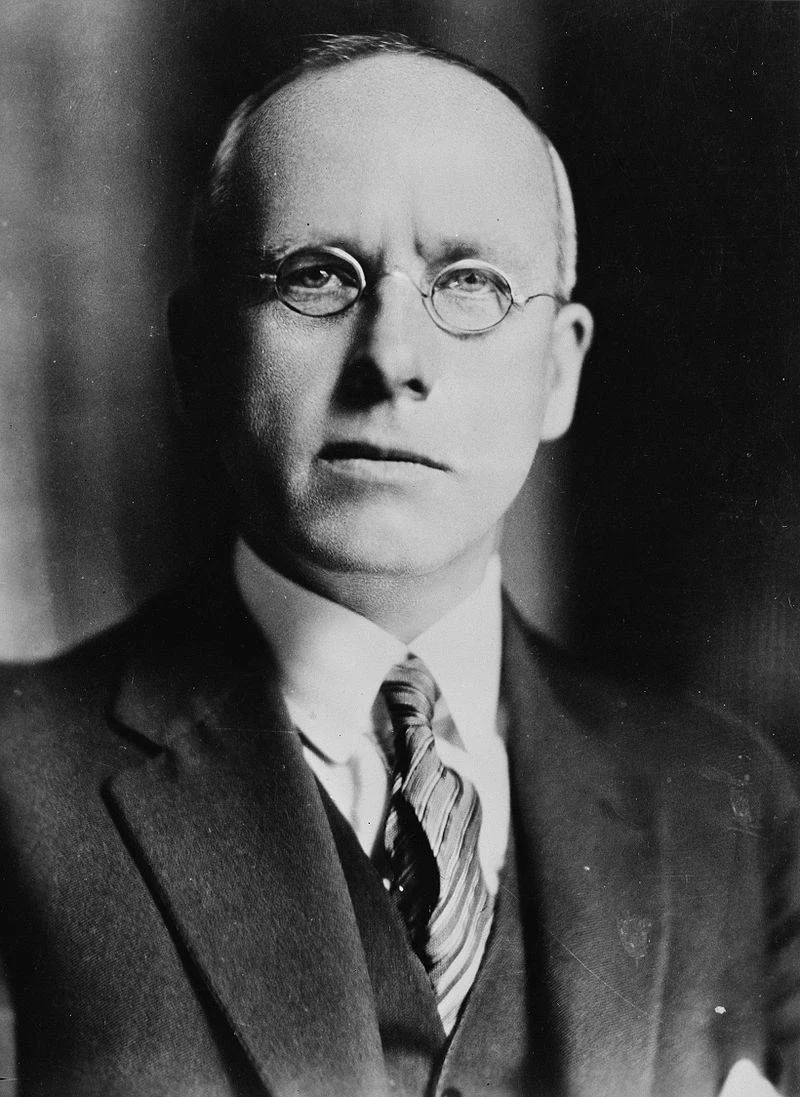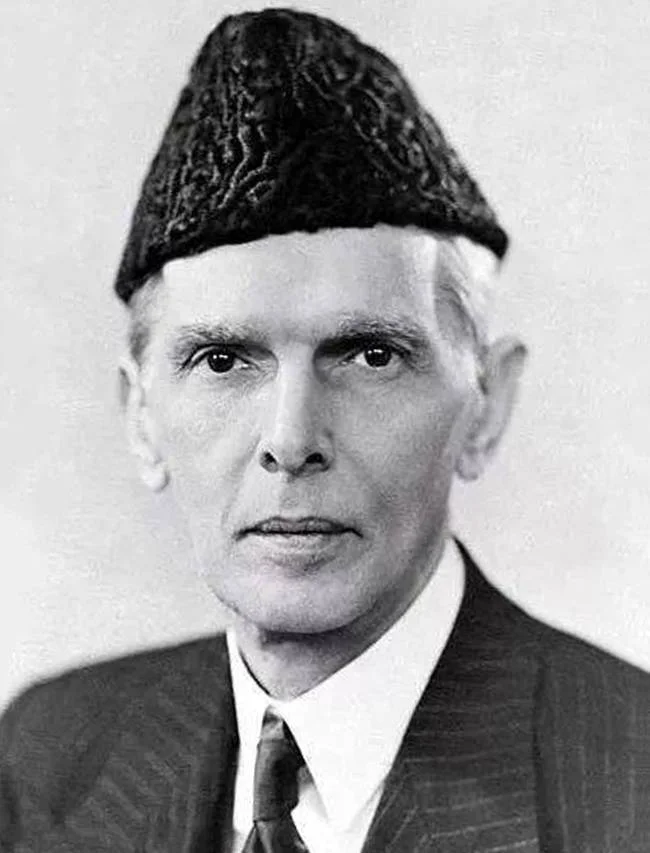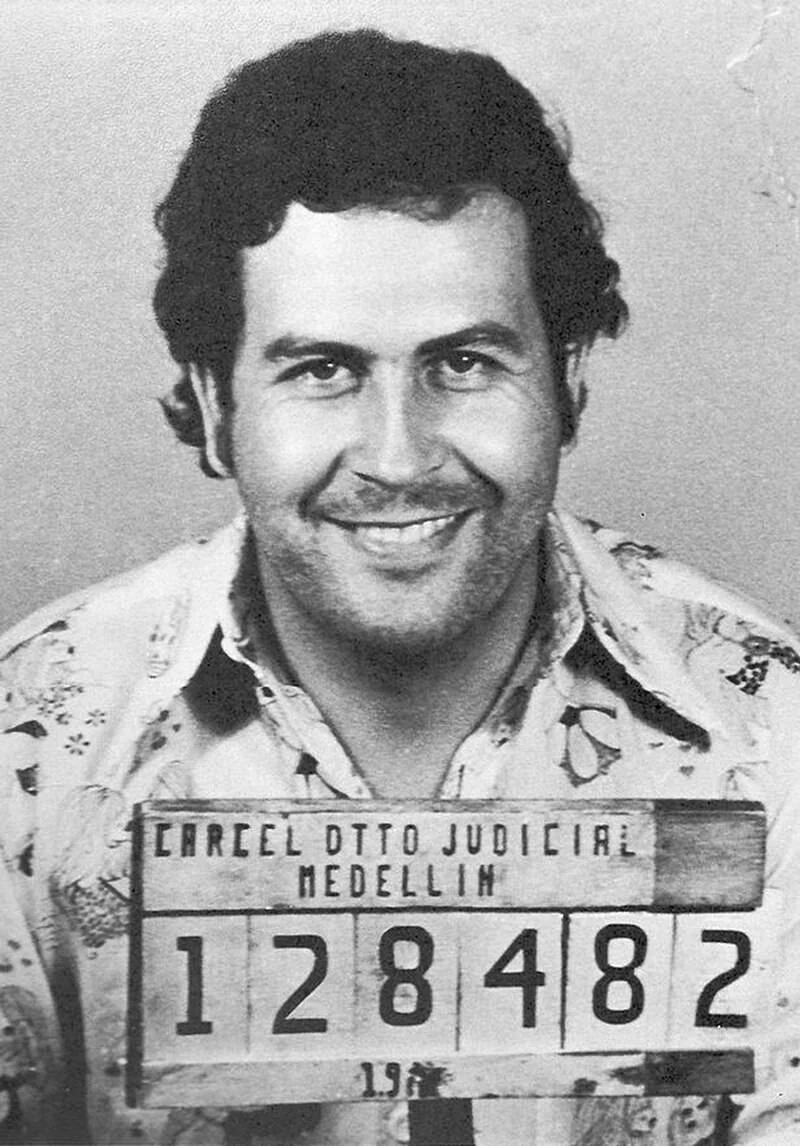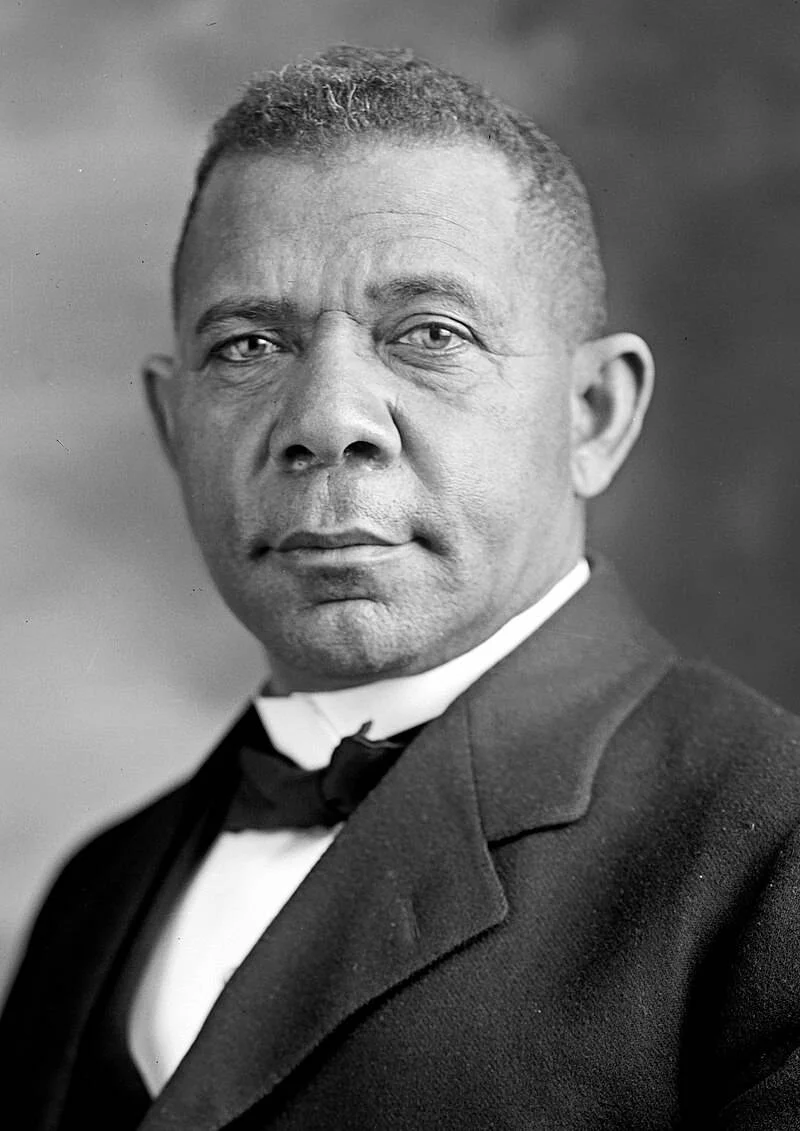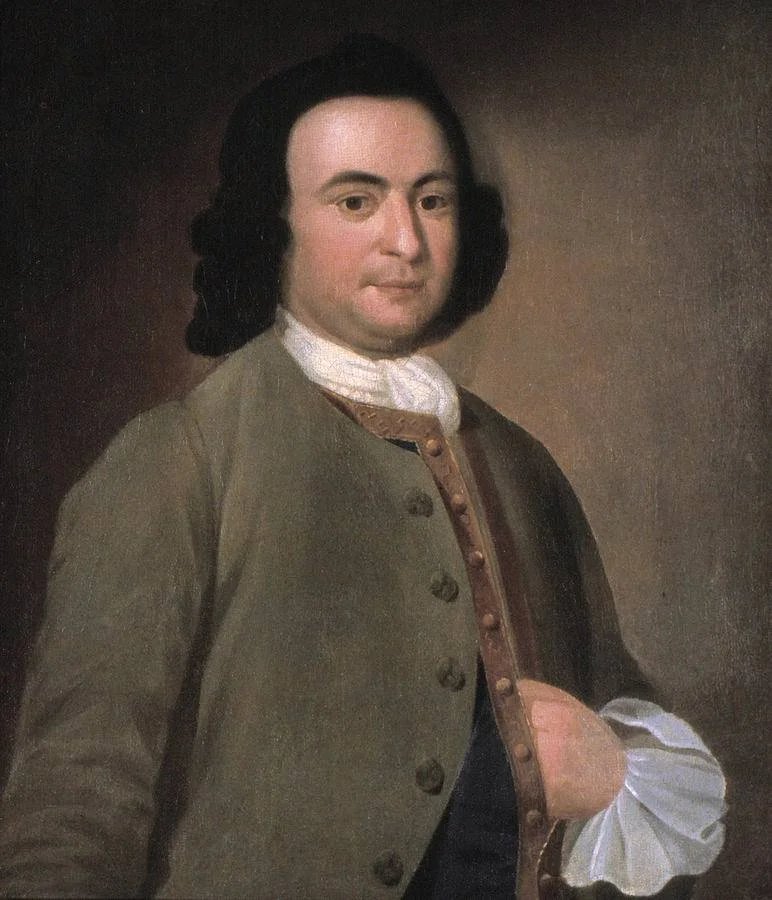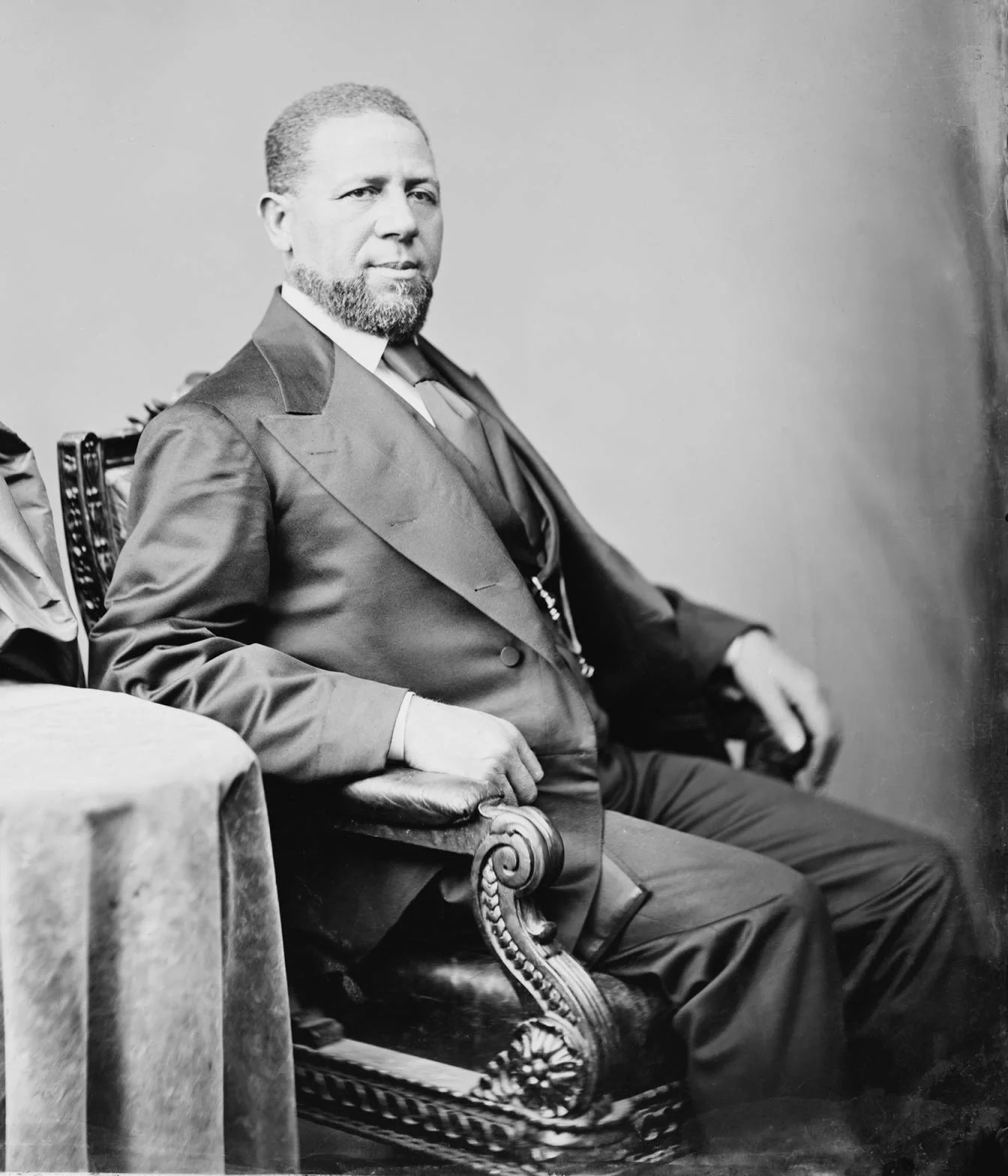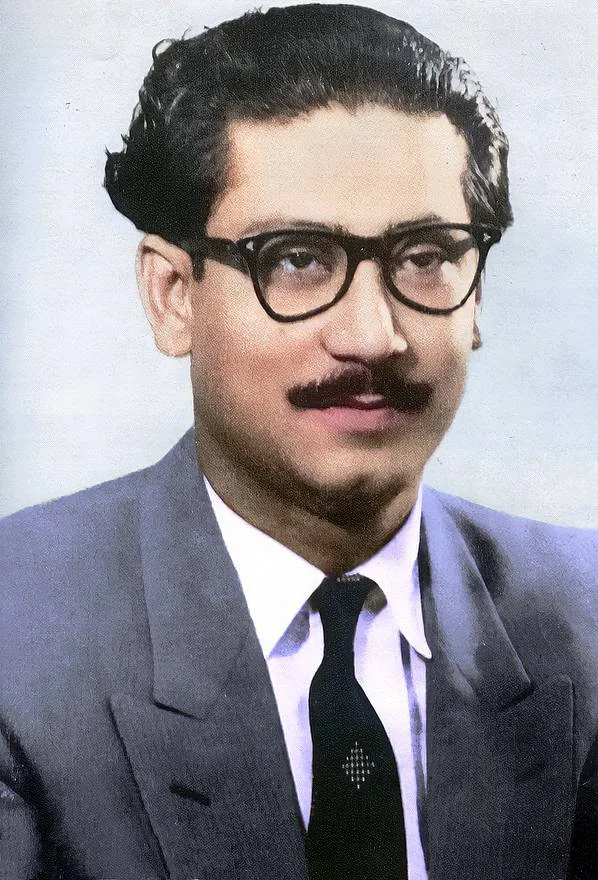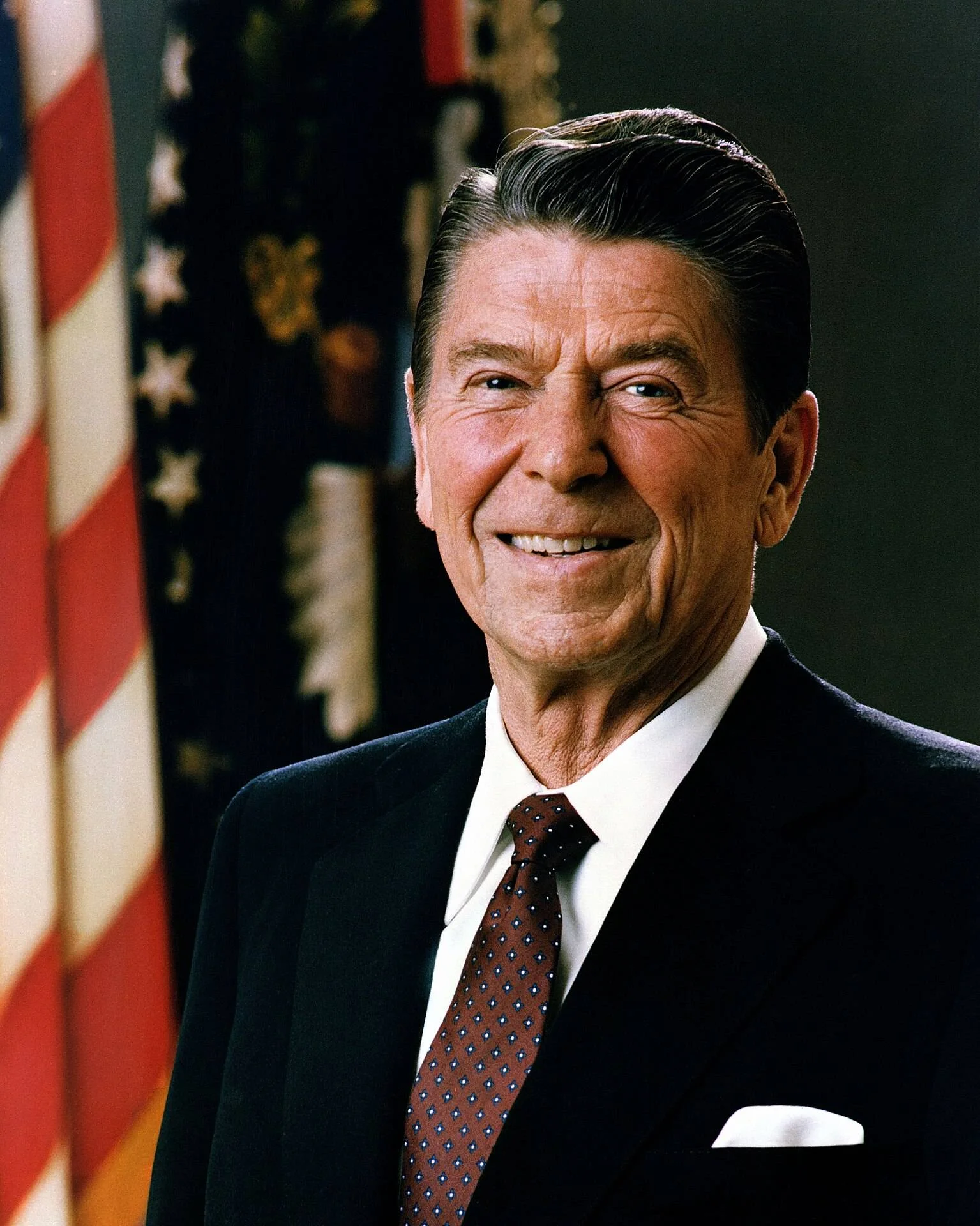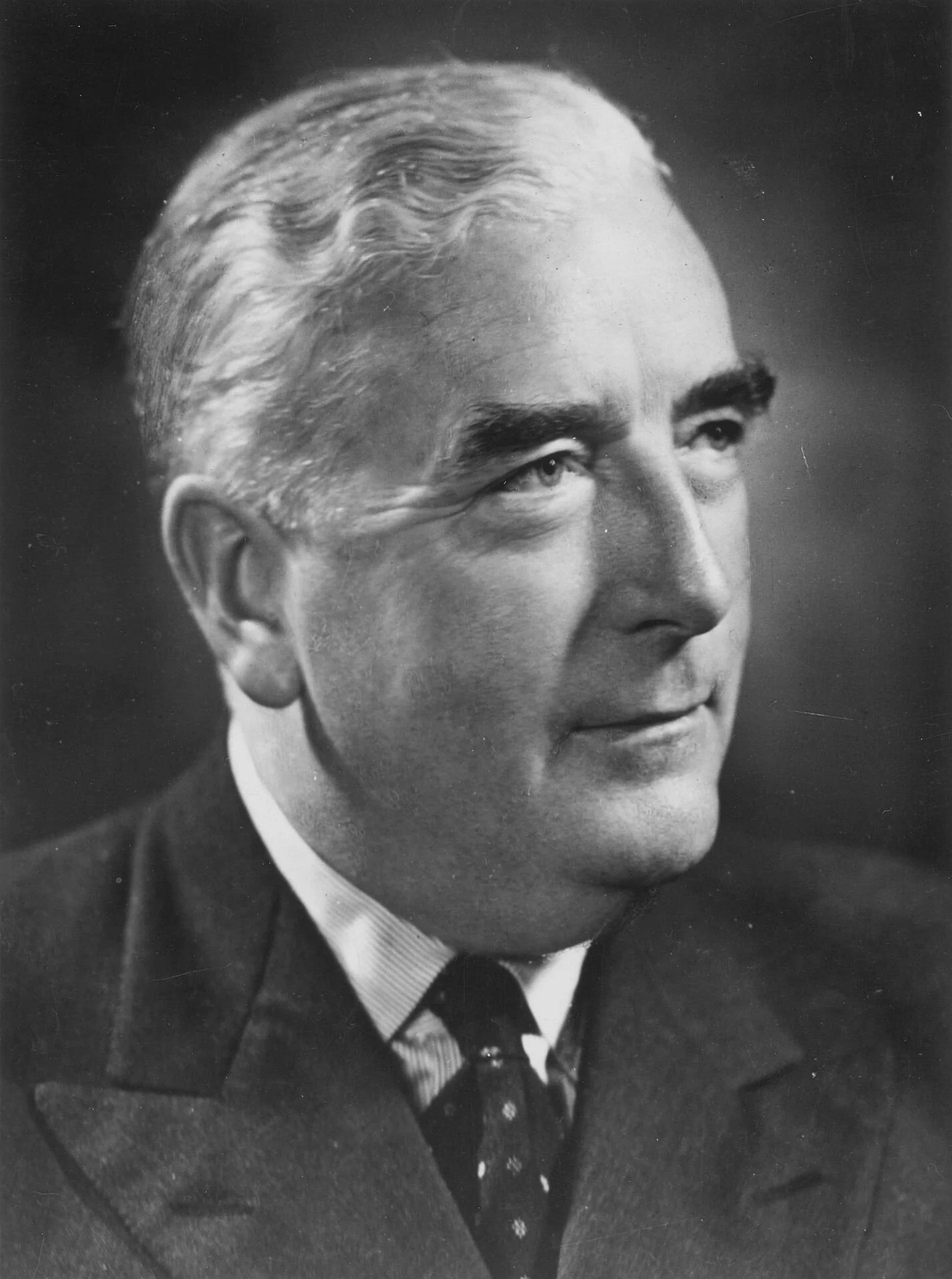Real Celebrities Never Die!
OR
Search For Past Celebrities Whose Birthday You Share
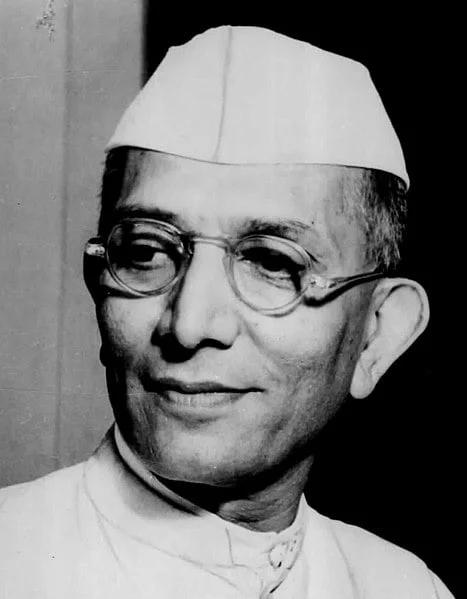
source:wikipedia.org
Morarji Desai
Birthday:
29 Feb, 1896
Date of Death:
10 Apr, 1995
Cause of death:
Post surgery for blood clot in the brain
Nationality:
Indian
Famous As:
Politician
Age at the time of death:
99
Morarji Desai's Quote's
Early Life and Education
Morarji Desai, born on February 29, 1896, in Bhadeli, Bombay Presidency (now in Gujarat, India), was a prominent Indian politician and statesman. His early life was marked by a commitment to education, as he pursued studies at Wilson College in Mumbai and later joined the Civil Services of Bombay. In the early 1930s, he transitioned into politics, setting the stage for a remarkable career.
Political Beginnings
Desai’s political journey began during the Indian independence movement. He joined the Indian National Congress and actively participated in the non-violent protests led by Mahatma Gandhi. His leadership skills became evident as he served as the Revenue Minister of the Bombay Presidency in 1937. Over the next few years, his political stature grew, and he took on key roles within the Congress party.
Role in Integration of Princely States
One of Morarji Desai’s significant accomplishments was his role in the integration of princely states into the Indian Union after independence in 1947. His administrative acumen and diplomatic skills were evident as he successfully navigated the complex process of unifying the diverse territories into a cohesive nation.
Chief Minister of Bombay State
In 1952, Desai was appointed as the Chief Minister of Bombay State, a position he held with distinction. His focus on agricultural and industrial development earned him praise, and his commitment to social welfare initiatives showcased his dedication to the betterment of society.
Finance Minister of India
Morarji Desai’s career reached a pinnacle when he became the Finance Minister of India in 1959. His tenure in this crucial position was marked by fiscal prudence and economic reforms. He implemented policies aimed at stabilizing the economy and reducing inflation, earning him recognition for his financial acumen.
Deputy Prime Minister
One of the most defining moments of Desai’s political career came in 1966 when he became the Deputy Prime Minister and Minister of Finance in Prime Minister Indira Gandhi’s cabinet. However, ideological differences eventually led to his resignation in 1969. Undeterred, Desai continued to play a significant role in opposition politics.
Prime Minister of India
A major turning point occurred in 1977 when Morarji Desai became the first non-Congress Prime Minister of India after leading the Janata Party to victory in the general elections. His leadership marked a departure from the dominant Congress party era, symbolizing the strength of India’s democratic fabric.
Tenure as Prime Minister
During his tenure as Prime Minister from 1977 to 1979, Morarji Desai implemented various reforms, emphasizing probity and transparency in governance. He advocated for decentralization of power, stressing the importance of local self-governance. However, his term faced challenges, and internal dissensions within the Janata Party led to the government’s eventual collapse.
Personal Beliefs and Lifestyle
On the personal front, Morarji Desai was known for his simple and austere lifestyle. He abstained from alcohol and advocated for a holistic approach to health, which included naturopathy. His commitment to these principles earned him respect but also garnered criticism in certain quarters.
Later Years and Legacy
Morarji Desai’s political career witnessed its sunset in the early 1980s. He retired from active politics, leaving a legacy of public service and principled governance. He passed away on April 10, 1995, at the age of 99, leaving behind a rich tapestry of contributions to India’s political and economic landscape.
Conclusion
In conclusion, Morarji Desai’s life was a tapestry woven with threads of dedication, leadership, and a commitment to public service. From his early days in the civil services to his historic tenure as India’s Prime Minister, Desai’s journey reflects the evolving dynamics of the nation. His legacy endures, serving as a reminder of the transformative power of principled leadership in shaping a nation’s destiny.
Name:
Morarji Desai
Popular Name:
Morarji Desai
Gender:
Male
Cause of Death:
Post surgery for blood clot in the brain
Spouse:
Place of Birth:
Bhadeli, Bombay Presidency, British India (present-day Valsad, Gujarat, India)
Place of Death:
Bombay, Maharashtra, India (present-day Mumbai)
Occupation / Profession:
Personality Type
Architect: Imaginative and strategic thinkers, with a plan for everything. He was a leader with a vision.
Desai was a teetotaler, abstaining from alcohol throughout his life. He was also a strong proponent of naturopathy, believing in the healing power of nature and natural remedies.
Desai wrote several books on naturopathy, sharing his beliefs and practices regarding natural healing methods. His publications include “Nature Cure” and “Key to Health.”
Morarji Desai holds the record for being the oldest person to assume the office of the Prime Minister of India.
Bharat Ratna 1991
Nisha-e-Pakistan 1990

